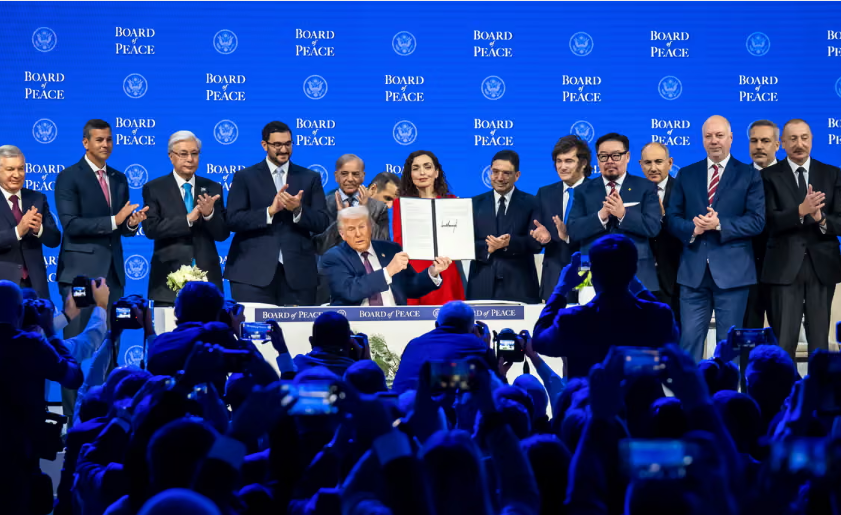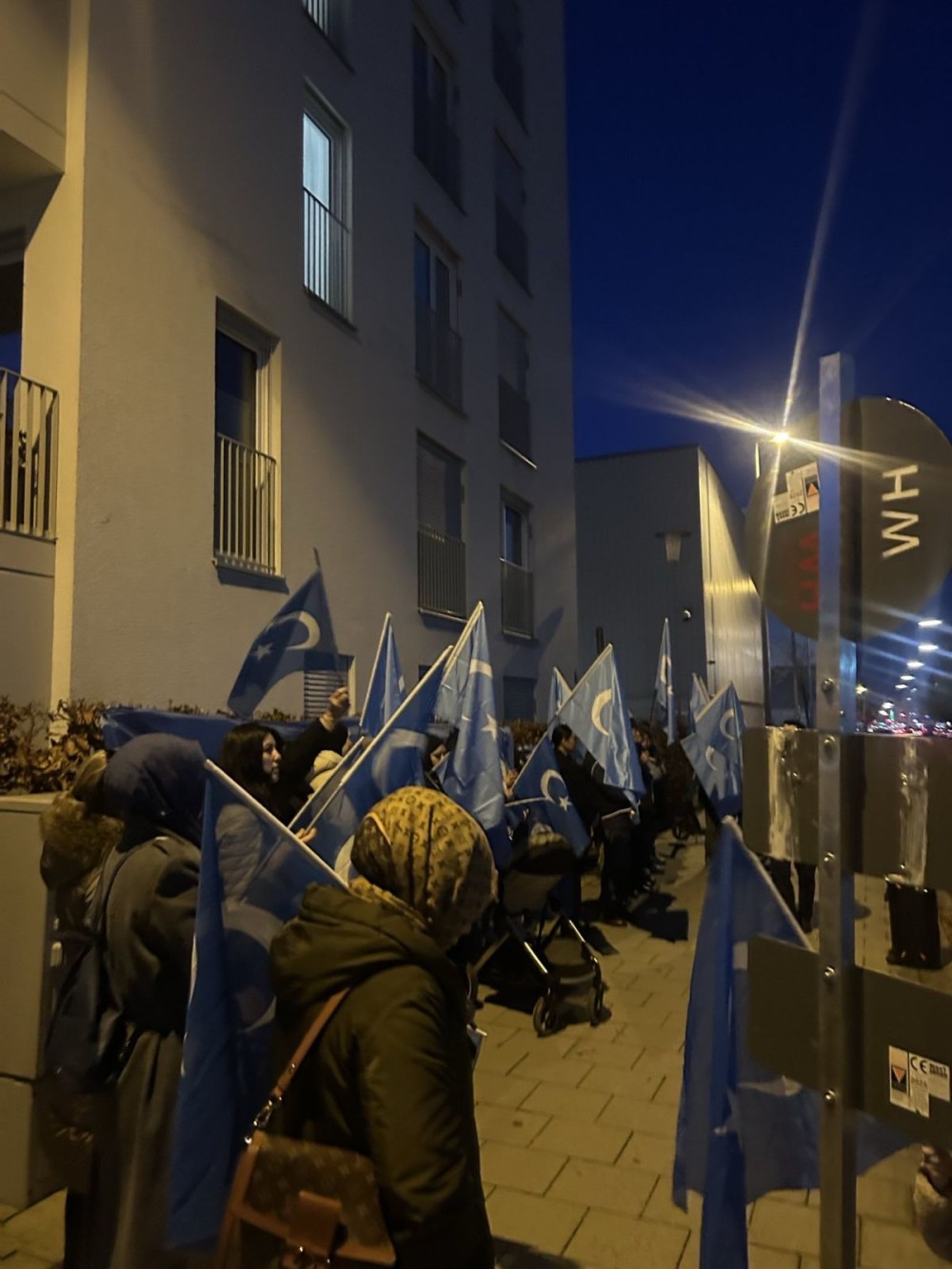Human rights? We’re Not Concerned, China Informs Georgia
If you want to understand Georgia’s future as the West loses influence (and interest), then consider the relationship it’s developing with China.
After the Georgian Dream government banned protesters angered by its alleged election tempering from wearing facemasks, it monitored them using advanced surveillance cameras made in China by Dahua, a company sanctioned by Washington for violating human rights.
China doesn’t formally recognize Russia’s occupation of parts of Georgia by Russia, but its delegations visited occupied Tskhinvali twice last year, to explore investment in a car maker and lead-zinc deposits in Kwais, a resource-rich area controlled by the Russian proxy regime.
Or this. It is constructing a deep-sea port at Anaklia on the Black Sea. The contract was won by a Chinese-led consortium including the China Communication Construction Company, which is sanctioned by the US. The Chinese had laid the groundwork so neatly that they prevailed despite decades of strategic partnership between Tbilisi and Washington.
Likewise, China is expressing interest in a new $1.2bn airport at Vaziani, citing the strategic location for its companies. This would fly in the face of an earlier Georgian government decision to accept US support to make Vaziani a key military airfield and strategic base.
All of which is happening as Europe is laser-focused on Ukraine and the possible threat to its own security, and while the new US administration is showing very little interest indeed.
China has no such worries and plenty of interest. Given its position as a bridge between Europe and Asia, Georgia is a vital piece of real estate in Beijing’s grand plan to advance its $1 trillion-plus Belt and Road Initiative (BRI), and it has seized every opportunity to boost its presence there.
The US has fewer opportunities to counter the BRI further east, due to China’s proximity and Russia’s military presence, so using its leverage in the chokepoint of the Middle Corridor in Georgia offered a rare chance to get involved.
Georgia’s population is very pro-Western, but the government is not. Much has changed in a country that was once a beacon of democracy. An authoritarian drift, marked by contested parliamentary elections, illegal detentions and violent crackdowns on peaceful protesters, has resulted in the isolation of Georgia’s government from administrations on both sides of the Atlantic.
The former US administration questioned the legitimacy of the Tbilisi government, and imposed sanctions on the ruling Georgian Dream party. Those leaders now hope the Trump administration will reset relations, since the president appears less concerned about their pro-Russian narratives and closeness to China and Iran. But nothing is yet certain.
Regardless of the US and European Union positions, Georgia’s authoritarian government knows precisely where it stands with totalitarian China. Beijing has no interest whatsoever in human rights.
So while the democratic world refuses to grant legitimacy to Georgia’s government, the Chinese Ambassador has met the Prime Minister twice, publicly congratulating the party on its victory in October’s disputed elections and ensuring Beijing’s economic and political interests are deeply entrenched.
Chinese President Xi Jinping was among the handful of world leaders to congratulate Mikheil Kavelashvili, a former footballer and a co-founder of an anti-Western political party, on assuming the presidency. His congratulatory letter emphasized the importance of political cooperation on the BRI.
And Beijing’s diplomatic offensive extended beyond symbolic recognition. The Chinese Ambassador met Georgia’s Minister of Internal Affairs, Vakhtang Gomelauri, after he was included on the US’s Magnitsky sanctions list, and expressed readiness to strengthen law enforcement cooperation with Tbilisi.
This reflects the fact that, while the China-Georgia strategic partnership document emphasizes the joint promotion of equity, justice, democracy, freedom and the UN Charter, both sides embrace one-party rule and regard US restrictions as meddling in Georgia’s internal affairs.
China is now pressing on with its plans for a Georgia-China Regional Cooperation (GRCG) Association to tap into the Middle Corridor’s potential.
Countering China’s influence requires a strategic presence, enforcing democratic principles, investing in critical infrastructure, strengthening diplomatic and military partnerships, and pressuring Tbilisi to limit Beijing’s expansion. Will the US take these key steps to leverage influence and curb the BRI’s reach?
Nino Lezhava is a research analyst based in Georgia, and a Non-Resident Fellow for Transatlantic Defense and Security Program at CEPA, specializing in Euro-Atlantic relations, geopolitical competition, the wider Black Sea region, and the Caucasus.
Europe’s Edge is CEPA’s online journal covering critical topics on the foreign policy docket across Europe and North America. All opinions expressed on Europe’s Edge are those of the author alone and may not represent those of the institutions they represent or the Center for European Policy Analysis. CEPA maintains a strict intellectual independence policy across all its projects and publications.













